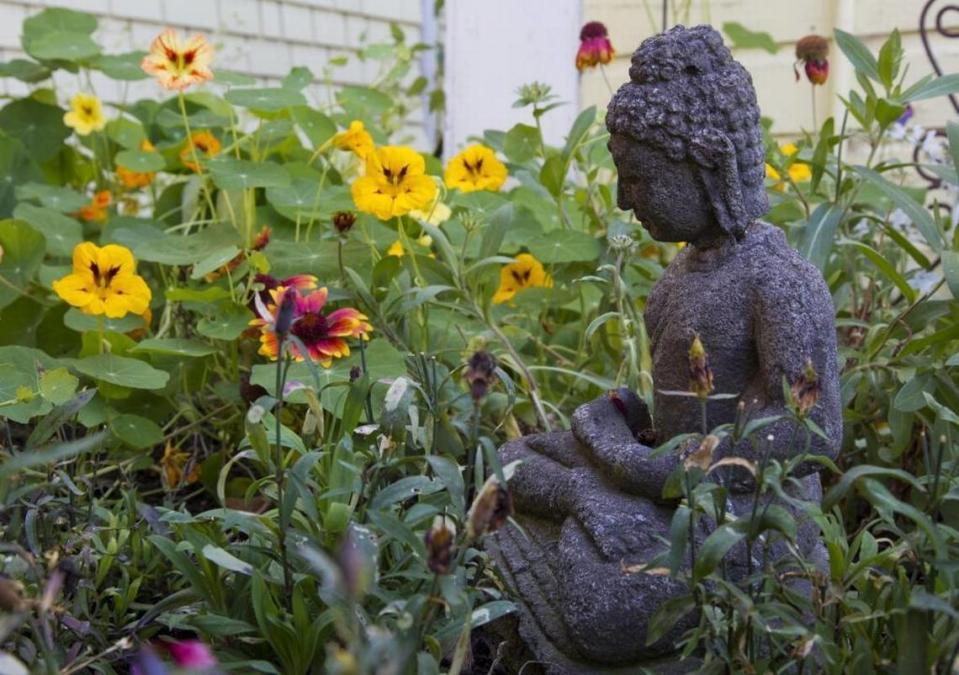Tips for protecting the seeds you sow in your garden now for summer blooms
The second week of April is when dirt-cheap gardeners start casting seeds on top of the soil for a low-cost flower garden.
Here in Western Washington you can direct sow seeds of certain flowers into the soil now for a summer of colorful blooms. However, planting seeds into the ground is not a carefree solution to a garden.
Here are some planting tips to protect your seedlings from the heartbreak of unfulfilled bloom.
Tip No. 1: Prepare the soil before you seed. This means the top 6 inches of soil should be loosened up, and organic matter should be added if the soil is not loose and friable. Rake the top inch of the soil so that it is fine and soft and the grooves are visible.
Tip No. 2: Read the seed label. You really do have to follow instructions when it says to cover the seeds with just 1/8 inch of soil (planting too deep is a common mistake) or to thin or transplant the seedlings so that they are 18 inches apart. (Yes plucking out your baby seedlings is hard to do, but seedlings too close together will struggle.)
Tip No. 3: Protect young seedlings from slugs, snails, birds and harsh weather. A floating row cover (trade name is Remay cloth) is a practical way to keep critters from the tender seedlings.
Tip No. 4: Keep soil moist according to seed pack instructions. Even during our normally cool spring weather, seedlings can dry out and may need gentle hand watering on a daily routine.
Tip No. 5: Plant only easy to grow seeds for our climate. According to local garden expert Ed Hume (he is over 90 and still gardens), the easiest seeds to direct sow are: godetia, nasturtiums, alyssum, clarkia, California poppies, cosmos, sunflowers and wild flower mixes.
Tip No. 6: Easy-to-grow seeds have different needs. Some, such as nasturtiums, flower best in soil that is not high in nitrogen. Others need more fertile soil. Poppies prefer sandy soil and sunflowers need warm soil so wait until mid-May to plant them. This is one more reminder of that most important tip: Read and follow the instructions on the seed pack.
Marianne Binetti has a degree in horticulture from Washington State University and is the author of several books. Reach her at binettigarden.com.


